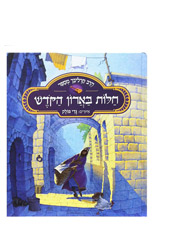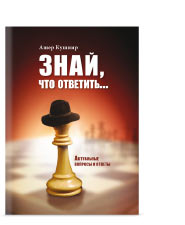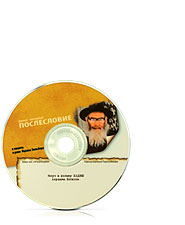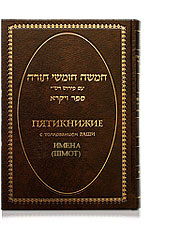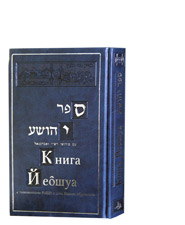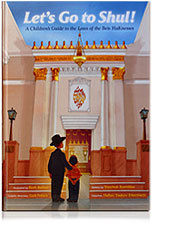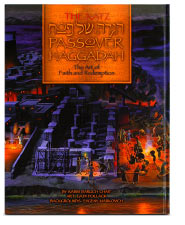
The Memoirs of Rav Yitzchok Zilber zt"l "To Remain A Jew" - Continuation of the Family Chronicles
After Rav Naftali's death, his oldest son, Rav Aharon Zelig Tziyuni, became Rav of Lyutzin
CONTINUATION OF THE FAMILY CHRONICLES
After Rav Naftali's death, his oldest son, Rav Aharon Zelig Tziyuni, became Rav of Lyutzin (he is mentioned in the excerpt from Megillas Yuchsin that appeared earlier).
Rav Aharon Zelig had a daughter and his sister Malka had a son. The sister came to her brother and said, "I want to offer my son Eliezer for your daughter.”
The Rav answered, "Good, but we need a shadchan.”[1] Interestingly enough, there happened to be a man in the house right then. The Rav turned to him, and asked, "Would you like to earn a ruble for a shidduch?[2] Repeat after me: "I propose Eliezer, son of ____ for your daughter _____.” He then paid the ruble and the match took place.
Rav Eliezer Don-Yichie, the future author of the book Even Shesiya,[3] became a son-in-law of Rav Aharon Zelig, and after his death, the Rav of the city.
Rav Eliezer lived eighty-eight years (he was born in 1838) and died on the day of his birth, 4 Tammuz. (It is said that God gives full years to the righteous.)
Rav Eliezer was succeeded as the head of the Jews of Lyutzin by his son, Rav Bentzion Don-Yichie. He was killed by the Nazis during World War II.
Rav Bentzion Don-Yichie wrote in an appendix to Megillas Yuchsin (called "Yachas Avos" and printed together with the text of Megillas Yuchsin) that when Chassidism[4] spread to his part of
Eastern Europe, Rav Naftali Tziyuni decided to investigate it personally. He went to the son of the Alter Rebbe, Reb Dov Ber, and spent some time there speaking with him. He also says that there is a letter from Reb Dov Ber to his great-grandfather.




